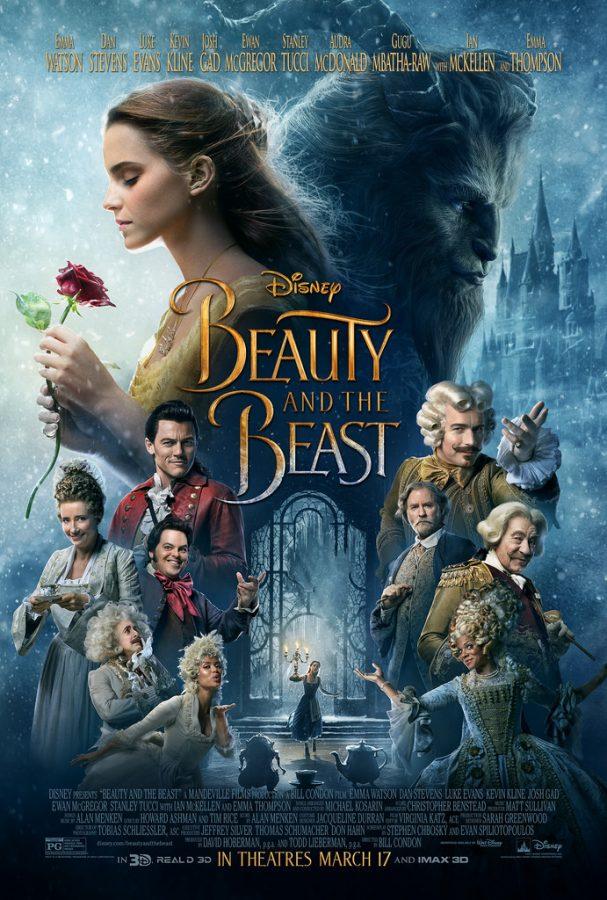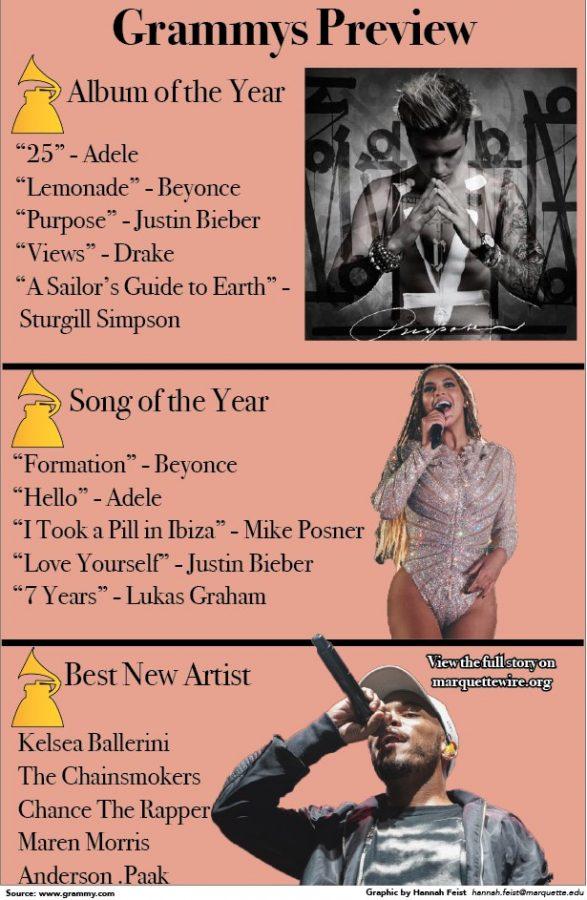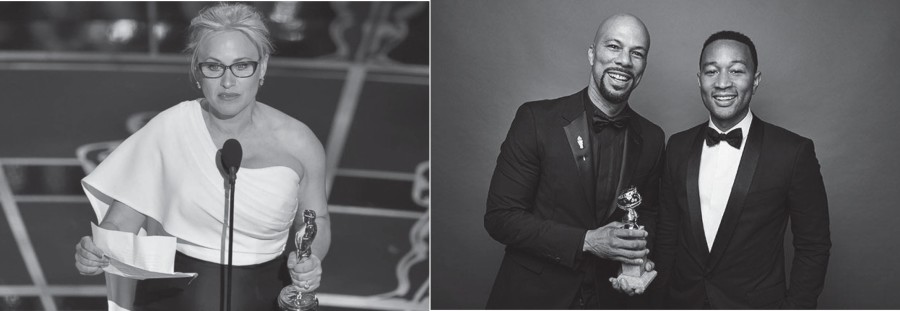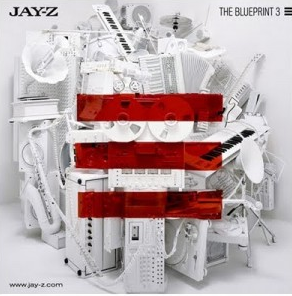Feb. 9, 1964, the Beatles debuted live on “The Ed Sullivan Show.” It’s estimated that about 73 million Americans tuned in to watch the quartet — three-fourths of the adult audience in the United States. Mass hysteria over celebrities was a phenomenon that swept through young adults and adolescents in the age of Elvis, the British Invasion and boy bands. In a sense, celebrities were placed on pedestals; they were perfect, unreachable figures a cut above the rest of ordinary, humdrum Americans.
But somewhere along the way, have we lost this hysteria, this overwhelming adoration for the rich and famous?
Thanks to social media, fans now have the ability to actually interact with celebrities in real life, in real time. Celebrities will tweet back, do live video chats and post updates on Snap stories. A sense of mystery has been lost here.
Fans in the ’60s may have considered themselves lucky to catch a glimpse of their idol once a week on television or read a carefully edited article in the press, but now that filter has been taken away. We have access to everything from Kylie Jenner’s closet to what Taylor Swift’s cat eats on a daily basis.
And this, in turn, welcomes intense scrutiny from the general public. Political and religious views, income, relationships and parenting choices are all on display and fair game to come under fire. Our virtual proximity to celebrities opens them up to a great deal of criticism.
For instance, this past February, when John Legend and Chrissy Teigen announced they had chosen the sex of their unborn baby girl through in vitro fertilization, many went immediately to Twitter to criticize the decision to have a girl over a boy, or to criticize the use of in vitro fertilization in general.
And we don’t have to scroll so far down our newsfeeds to find personal opinions about sexual partnerships in Hollywood or the body shaming of celebrities.
Part of this, perhaps, has to do with the element of anonymity that the Internet provides. Any formal criticism that would have actually reached a group like the Beatles had to be done very deliberately — people had to take responsibility for their opinions. Even though commenters can be identified by their usernames, they are easily lost in the sea of followers.
There also seems to be an interesting dichotomy forming that challenges celebrities’ rights to wealth and status while simultaneously idealizing it. The classic dream of being rich and famous has arguably shifted to include being responsible and intelligent as well.
Elites, such as Kim Kardashian West, have routinely come under attack for living excessively, with many responding callously to reports of her recent robbery at gunpoint. Others, such as Emma Watson, have been lauded for continuing their educations throughout their careers.
However, despite the occasional malicious troll posts, I believe it is generally beneficial to place celebrities under the scrutiny that we do. It requires those under the public eye to take responsibility for their actions, and allows the public to debate what qualities should be present in someone we look up to.
As college students, we are on the forefront of the generation that dictates what is popular. It is crucial to continue to challenge our idols and demand that they represent the values we need as young people. Like it or not, we come to resemble those we look up to, and it is valuable to make sure they pass the test first.
Story continues below advertisement






